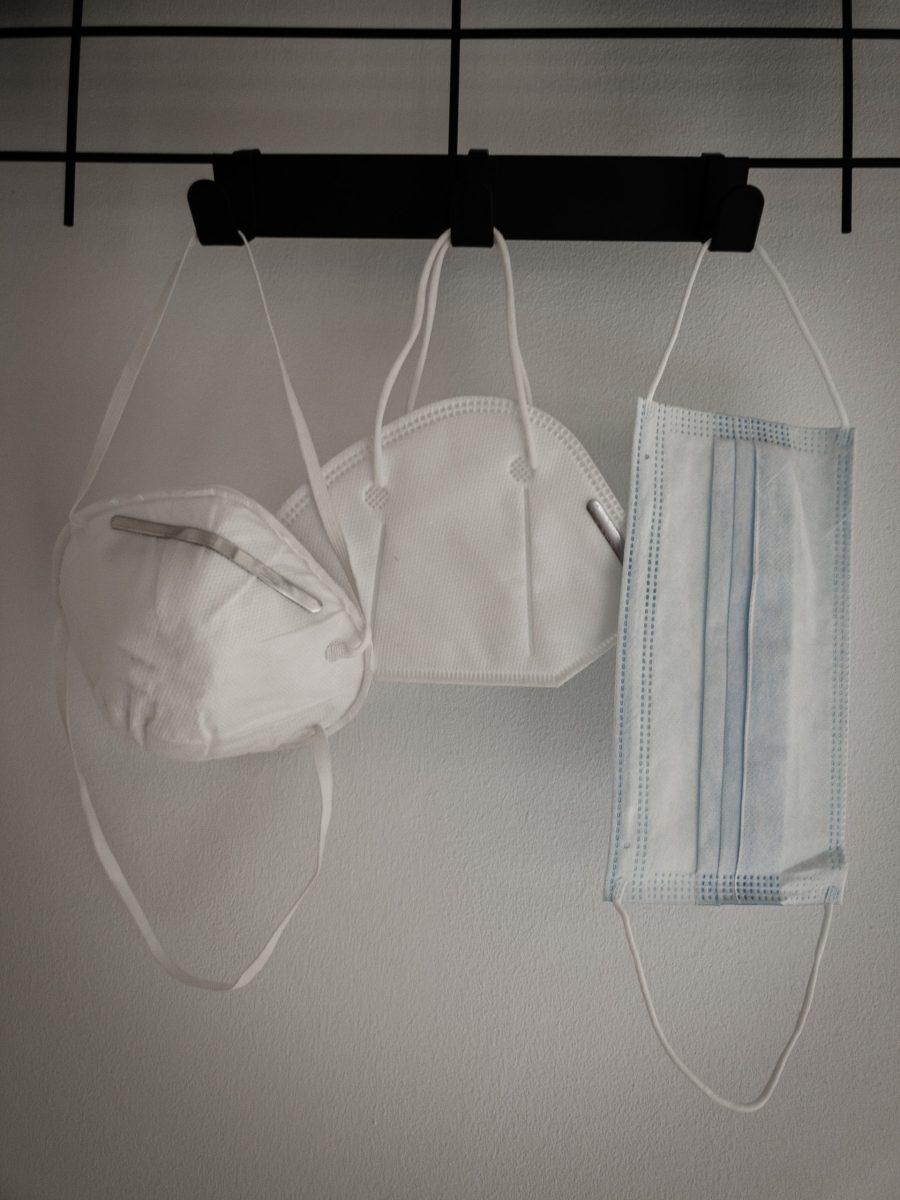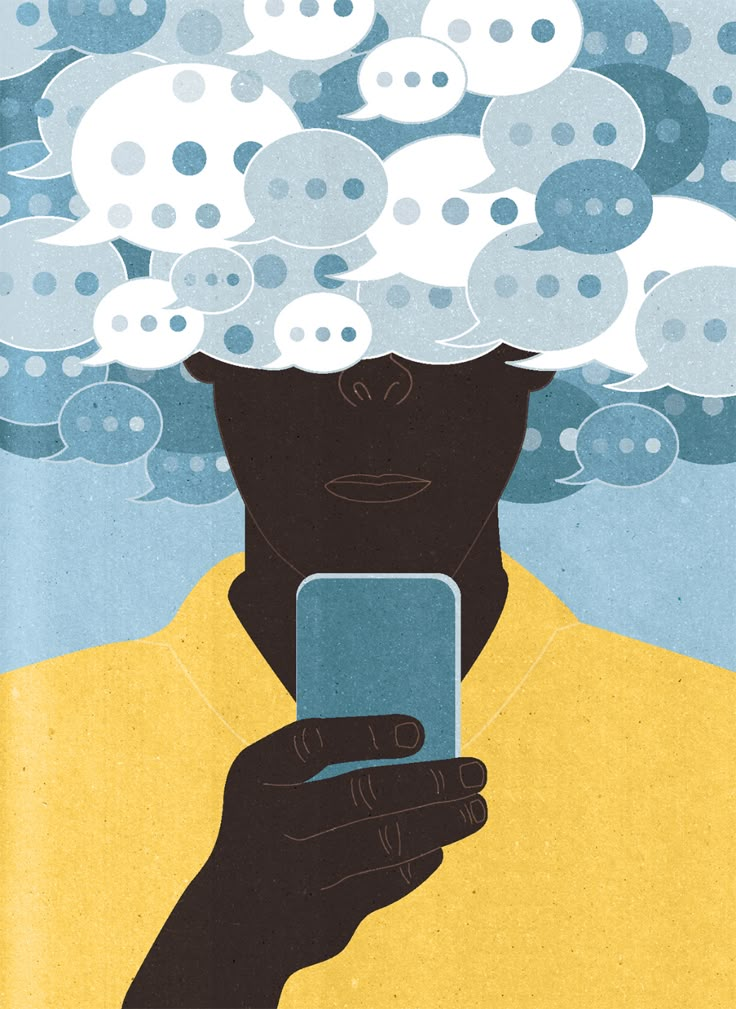When it comes to data, we always want to be aware of the most recent and accurate information available in order to make good decisions. During the pandemic, data has driven governments and health entities to make restrictions and mandates necessary. Without COVID-19 infections data, the world would be in a different situation right now. However, in addition to government officials and health authorities, people also need to see the data, not only to know the truth of what is happening, but also to make others aware of the situation.
At NJIT, there is one source of data where students can find updates on the Covid-19-situation on campus. “One can visit the Pandemic Recovery Page for the most updated information regarding COVID-19 on campus,” Vice President for Student Affairs and Dean of Students Marybeth Boger says. On this website, the new cases from the past week are collected and total cases since the semester started as well as the amount of regular and athletic testing are tallied. Anyone interested in finding out more about the COVID-19 situation on campus should visit this source.
Looking at the numbers on the Pandemic Recovery Page, the current number of total positive cases since the semester began is 102 cases. According to a statement released by the Pandemic Recovery Steering Committee, 97 percent of employees and students are vaccinated. While this data grants an overview, it is still limited and does not enable one to calculate the amount of breakthrough cases for both vaccinated and infected people. This lack of statistics can lead to misconceptions such as thinking that the pandemic is over or that masks are useless.
According to Boger, the contact tracing system consists of student submissions of their positive results. Then the Campus Health Services takes care of the contact tracing. Boger said, “It is imperative that students submit the positive test results to covid.notify@njit.edu.” On the Campus Student Services website, the only COVID-19-related reference is a link to the Pandemic Recovery page. There is no additional information on the organization’s website on how students should notify their neighbors or close friends in case they test positive. Members of the NJIT community have expressed that this information should be accessible for students to see, whether it could be on social media pages, online tools linked to the NJIT pipeline or physical advertising.
Two students shared their experiences testing positive for COVID-19, and they both agreed that NJIT seemed to be organized when it came to them testing positive. Torben Jansen, a sustainable energy technology graduate student and exchange student from Germany, said, “Within half an hour of my positive test, the test center called, and I got all the instructions needed.” He then had to quarantine for 10 days on the sixth floor of Redwood Hall in addition to telling the director of student health service about people with whom he may have come in contact.
Jansen was asked by the director to tell his contacts to get tested; however, neither the Dean of Students nor Student Health Services reached out to any of the contacts themselves. After those 10 days, he could leave quarantine without getting tested again because “the test can still be positive afterwards.” During the quarantine, Jansen experienced mild symptoms: a fever, headache, fatigue, runny nose and coughs. “They were not as bad as a normal flu, but my body was exhausted”, he stated. However, “NJIT was always there when I needed something or asked for information,” Jansen concluded.
Daniel Sternberg, a sophomore majoring in computer science, had a similar experience. He, however, tested positive at home, which is why he was told to stay there and self-quarantine for 10 days. For him, it was difficult to concentrate while studying. “But in general, it was more of an exaggerated head cold,” Sternberg added. He also had to tell NJIT the people he had been in contact with; his contacts isolated and got tested before quarantining. Sternberg states that he does not know if NJIT informed his contacts about his test results – he just told them himself. However, he added, “NJIT seemed pretty organized for people who tested positive.”

































